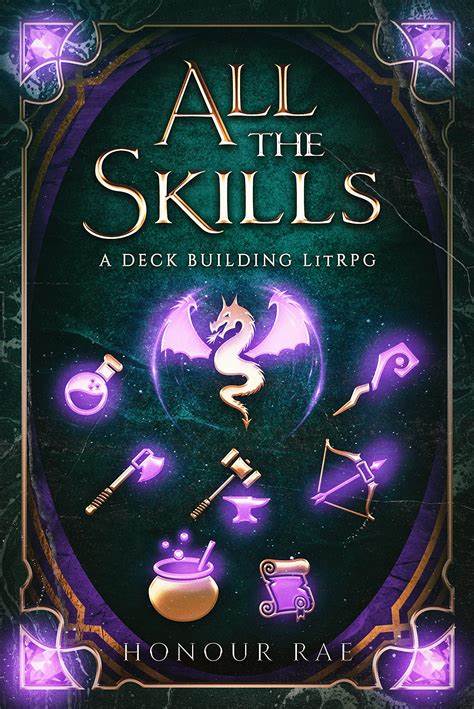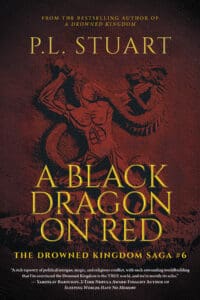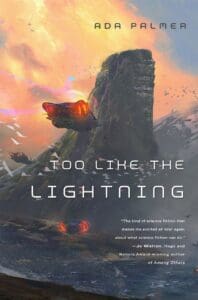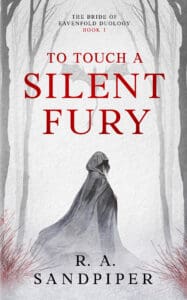
Synopsis
Arthur lives in a scourge and noble-ravaged border town. Whether it’s sickness, starvation or a superiority complex that ends up killing him, life is bleak. However, when he stumbles upon a dragon attacking a noble caravan the dragon bestows upon him a legendary card. The dragon is clear: keep the card away from the baron, or else.
When Arthur this card, Master of Skills, he soon starts learning all the skills! But carrying cards isn’t safe in a border town, so Arthur soon leaves with Red’s caravan to look for new cards and to one day become a dragon rider.
Review
All the Skills is a deckbuilding LitRPG title ported from Royal Road. Honour Rae’s deckbuilding mechanic is a simple yet satisfying take that glosses over an otherwise unspectacular story.
Now, when it comes to gaming I am a HUGE deckbuilding fan. I devoured the Lost Kingdoms games and Baten Kaitos when I was a kid. When it comes to the tabletop I played Star Realms over Zoom with my best friend until our decks were threadbare. [Side note, if you’ve ever played Star Realms: Frontiers then we should be friends and I’ll let you in on the “wombo combo” we devised with the Machine Cult.] … where was I? Oh, yes, so you might say I was heavily invested in AtS‘s foray into LitRPG space.
It was most likely because of this that the book fell a little flat for me. The story was a no thrills ride along a generic YA/chosen one arc. Arthur is a slight wisp of a 12-year old protagonist who is shown to be below average in ability for a great many things. That is, until he happens upon his Master of Skills card.
The card system is simple enough. Card carriers can place magic cards in their ‘Heart Deck’ or their ‘Side Deck’. Cards placed in their hearts are innate powers that it becomes agonising to part with. It tends to be for cards ranked rare and above. Arthur’s legendary card is a rank that’s hard to come by, let alone finding a mythic-ranked card. Side Decks are more for common and uncommon ranked cards that provide simpler abilities to the user. Card carriers are resistant to disease and altogether stronger than cardless people.
All well and good and simple to follow. Yet what disappointed in the story was the amount of time it takes Arthur to actually start building his deck. AtS is the scene setter. It’s book one of what appears to be a promising series but it’s not a book where a great deal happens.
The book strays into cozy fantasy as we follow Arthur’s journey from being separated from the travelling caravan, to being taken to an orphanage, to building up his skills in thievery and cooking. While scene setting is an important part of any series of books, this takes much too long – around 2/3 of the book involves little to no card collecting at all.
Perhaps Rae noticed this, as the plot then jumps forward several years to an 18-year old Arthur planning a way to score several more cards to add to his deck. This is a much welcome shift in the story and gives it the boot up the proverbial posterior it needs. This problem could have been avoided by making Arthur a little older than 12 to start with. This added little to the plot other than to make Arthur appear sufficiently weak before the introduction of card magic.
As with any deckbuilding game, any player will know that the real fun begins once you’ve moved on from trading or upgrading your starting cards to those that grant more abilities and effects. The same is true for AtS. Rae sprinkles the tempting hooks of card duels and dragon riders linking cards with their mounts. Unfortunately, I think we need to wait until book two and beyond for Arthur to truly get involved in this.
All in all, AtS did just enough to give Book 2 a try. The card system is solid and satisfying in equal measures, just underused in this first run out. I still reflect on an enjoyable and simple read that I hope will signal more deckbuilding LitRPG stories to come in the future.







Leave a Reply